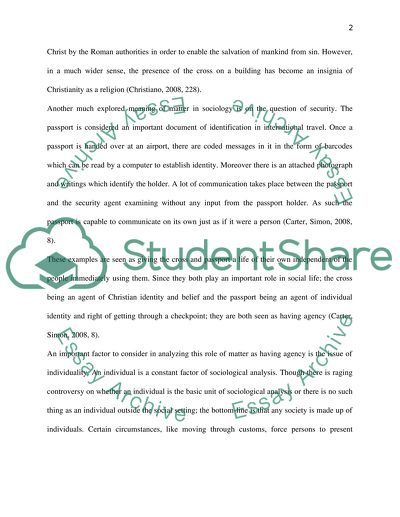Cite this document
(“Is It Convincing to Propose That Matter Can Have Agency Research Paper”, n.d.)
Is It Convincing to Propose That Matter Can Have Agency Research Paper. Retrieved from https://studentshare.org/social-science/1408181-is-it-convincing-to-propose-that-matter-can-have
Is It Convincing to Propose That Matter Can Have Agency Research Paper. Retrieved from https://studentshare.org/social-science/1408181-is-it-convincing-to-propose-that-matter-can-have
(Is It Convincing to Propose That Matter Can Have Agency Research Paper)
Is It Convincing to Propose That Matter Can Have Agency Research Paper. https://studentshare.org/social-science/1408181-is-it-convincing-to-propose-that-matter-can-have.
Is It Convincing to Propose That Matter Can Have Agency Research Paper. https://studentshare.org/social-science/1408181-is-it-convincing-to-propose-that-matter-can-have.
“Is It Convincing to Propose That Matter Can Have Agency Research Paper”, n.d. https://studentshare.org/social-science/1408181-is-it-convincing-to-propose-that-matter-can-have.


